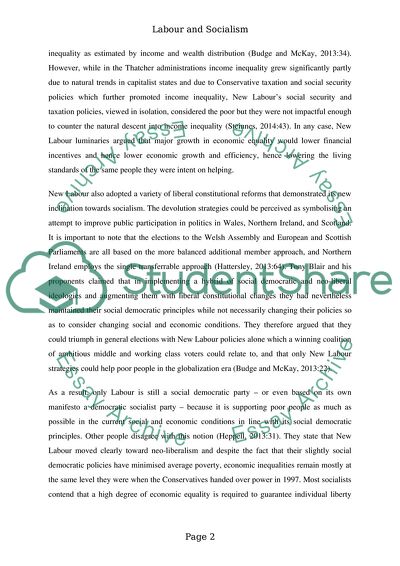Cite this document
(Labour and Socialism Essay Example | Topics and Well Written Essays - 1250 words - 3, n.d.)
Labour and Socialism Essay Example | Topics and Well Written Essays - 1250 words - 3. https://studentshare.org/sociology/1854895-reflective-journal
Labour and Socialism Essay Example | Topics and Well Written Essays - 1250 words - 3. https://studentshare.org/sociology/1854895-reflective-journal
(Labour and Socialism Essay Example | Topics and Well Written Essays - 1250 Words - 3)
Labour and Socialism Essay Example | Topics and Well Written Essays - 1250 Words - 3. https://studentshare.org/sociology/1854895-reflective-journal.
Labour and Socialism Essay Example | Topics and Well Written Essays - 1250 Words - 3. https://studentshare.org/sociology/1854895-reflective-journal.
“Labour and Socialism Essay Example | Topics and Well Written Essays - 1250 Words - 3”. https://studentshare.org/sociology/1854895-reflective-journal.


